Safety, effectiveness of bexagliflozin in cats newly diagnosed with diabetes mellitus
Bexagliflozin is a sodium-glucose cotransporter 2 (SGLT2) inhibitor. A pilot study has shown that bexagliflozin can decrease dependence on exogenous insulin in cats with diabetes mellitus (DM).
The objective of this study was to evaluate the safety and effectiveness of bexagliflozin as a monotherapy for DM in previously untreated cats.
Researchers enrolled 84 client-owned cats in the study. Cats were dosed PO with 15 mg bexagliflozin once daily for 56 days, with a 124-day extension to evaluate safety and treatment effect durability. The primary endpoint was the proportion of cats experiencing a decrease in hyperglycemia and improvement in clinical signs of hyperglycemia from baseline on day 56.
Of 84 enrolled cats, 81 were evaluable on day 56, and 68 (84.0%) were treatment successes. Decreases in mean serum glucose, fructosamine, and β-hydroxybutyrate (β-OHB) concentrations were observed, and investigator assessments of cat neurological status, musculature, and hair coat quality improved. Owner evaluations of both cat and owner quality of life were favorable.
The fructosamine half-life in diabetic cats was found to be 6.8 days. Commonly observed adverse events included emesis, diarrhea, anorexia, lethargy, and dehydration.
Eight cats experienced serious adverse events, three of which led to death or euthanasia. The most important adverse event was euglycemic diabetic ketoacidosis, diagnosed in three cats and presumed present in a fourth.
In conclusion, bexagliflozin decreased hyperglycemia and observed clinical signs in cats newly diagnosed with DM. As a once-daily PO medication, bexagliflozin may simplify management of DM in cats.
Michael J Hadd et al. “Safety and effectiveness of the sodium-glucose cotransporter inhibitor bexagliflozin in cats newly diagnosed with diabetes mellitus.” J Vet Intern Med. 2023 May 6. doi: 10.1111/jvim.16730.





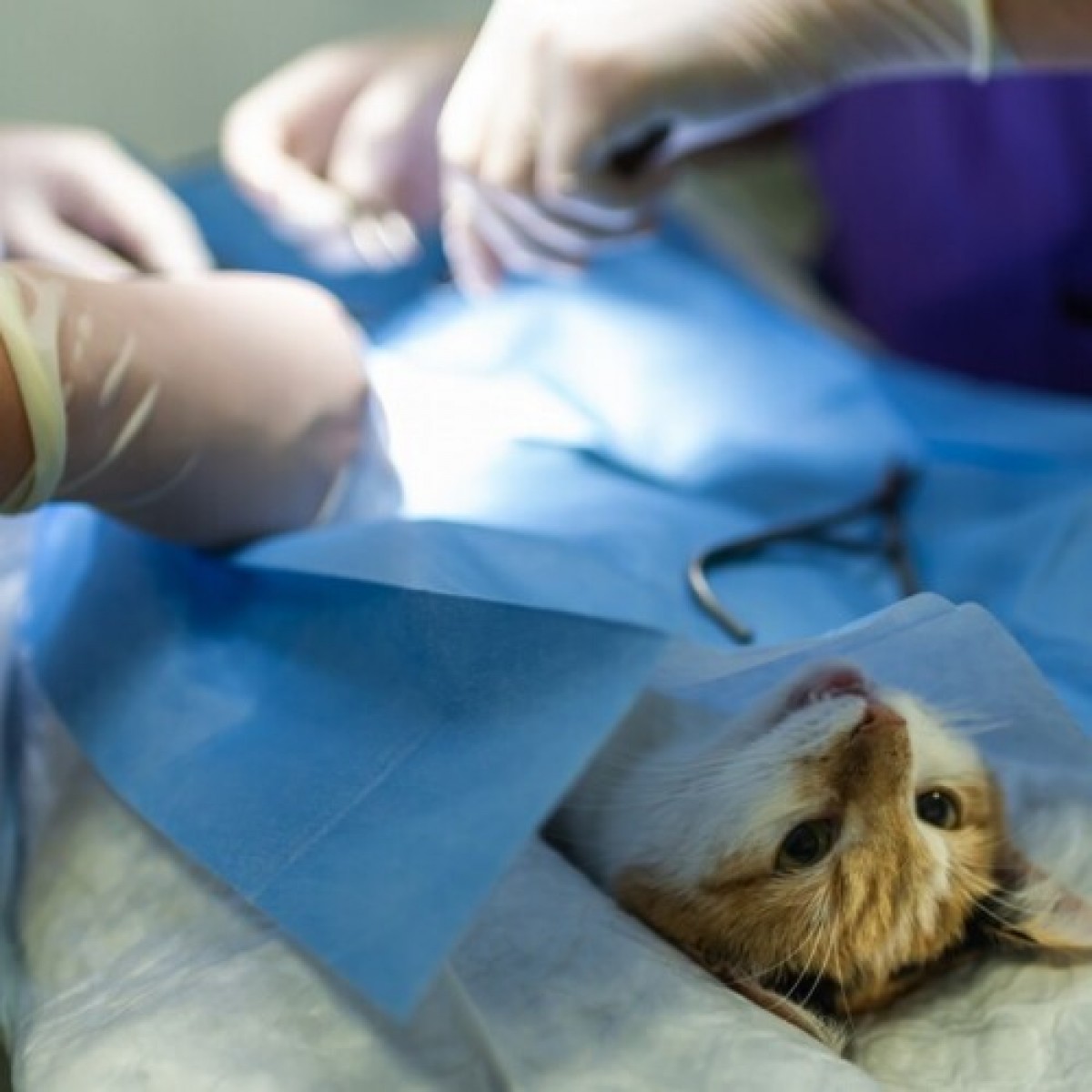
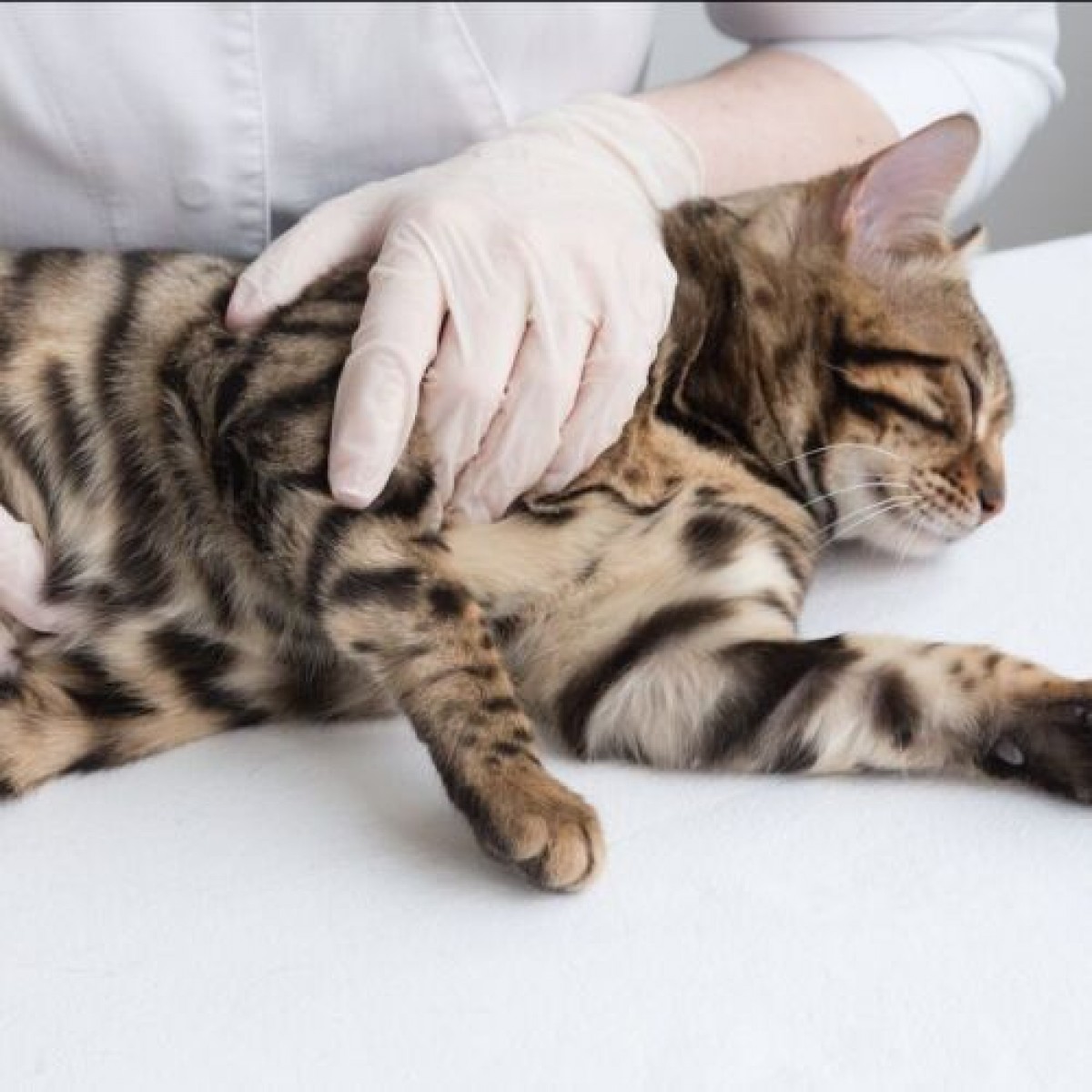
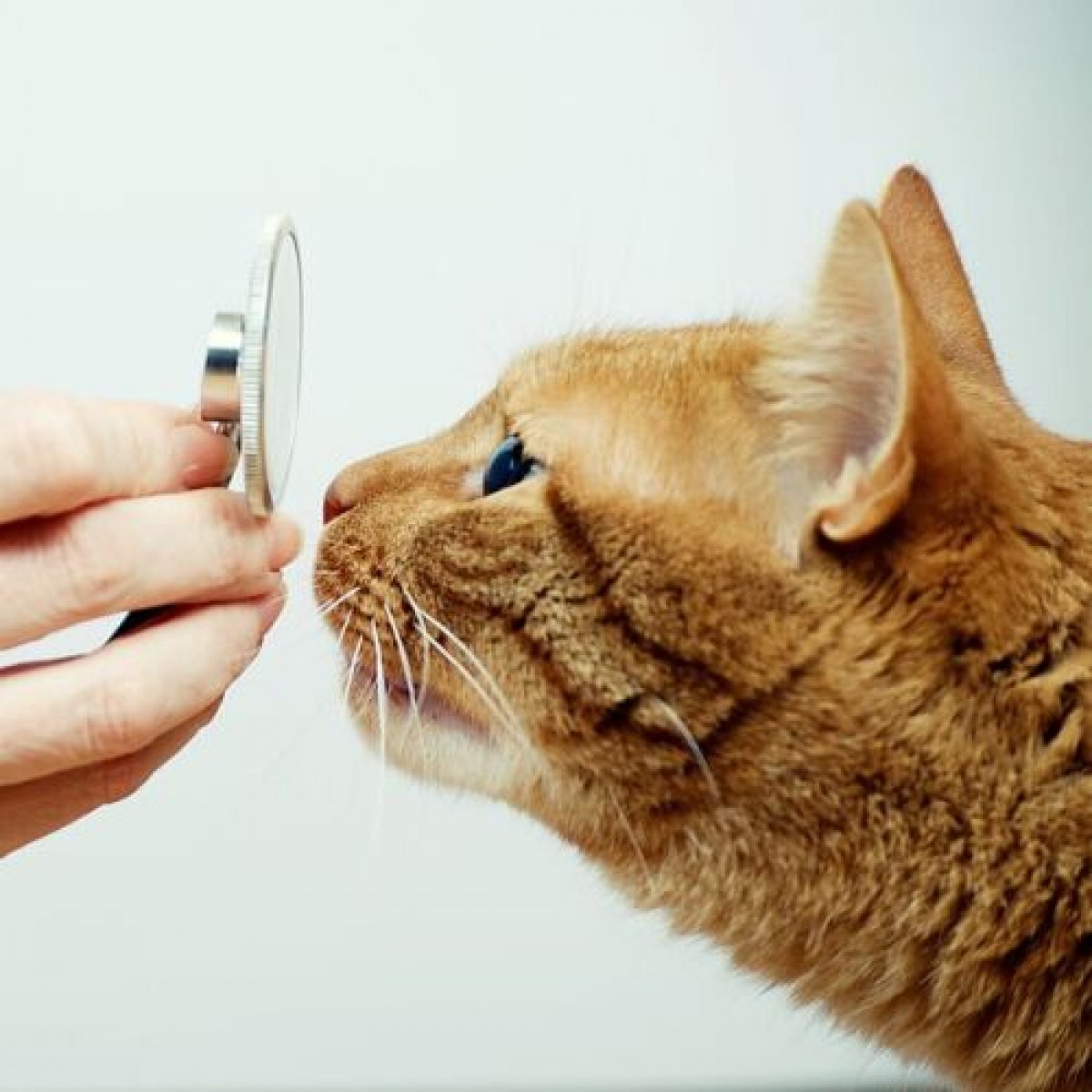

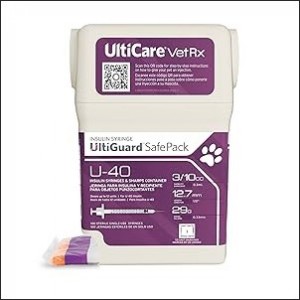

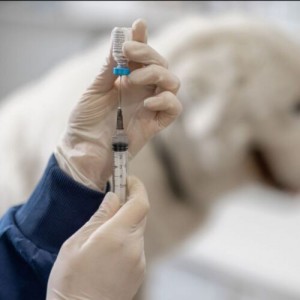


List
Add
Please enter a comment